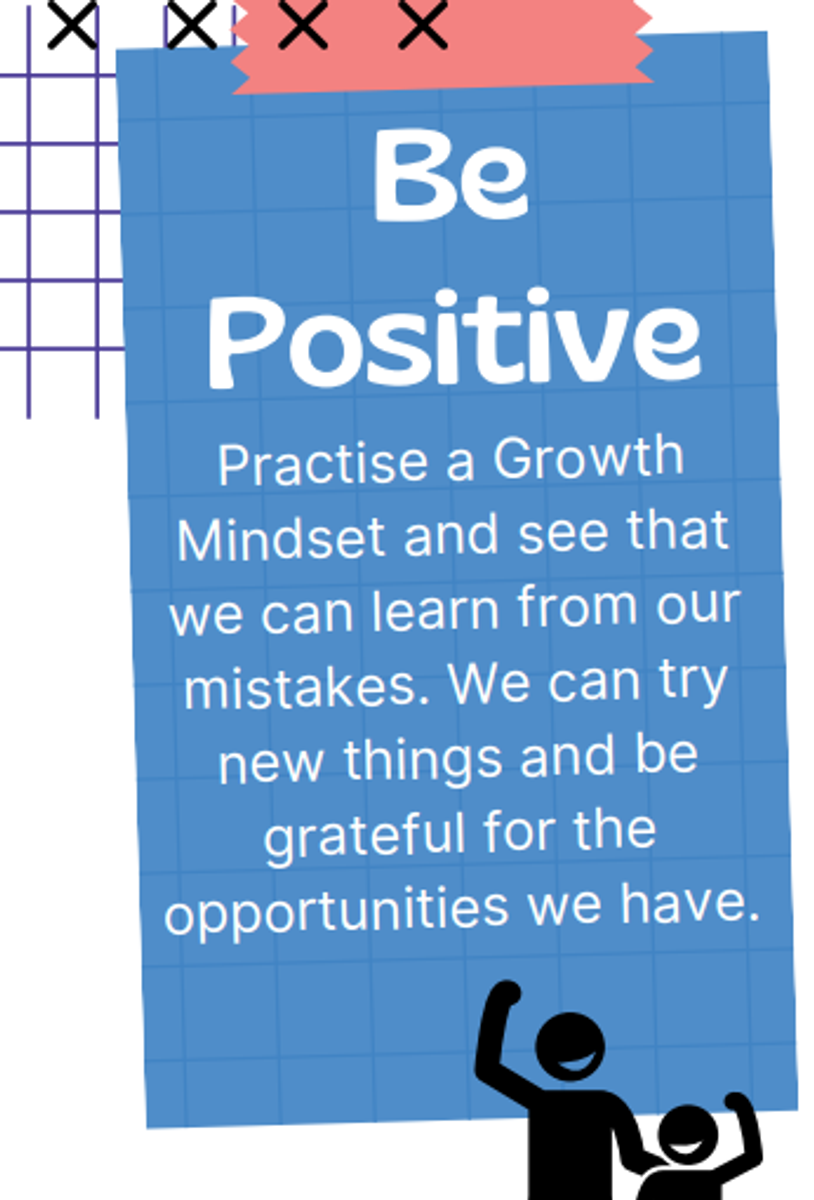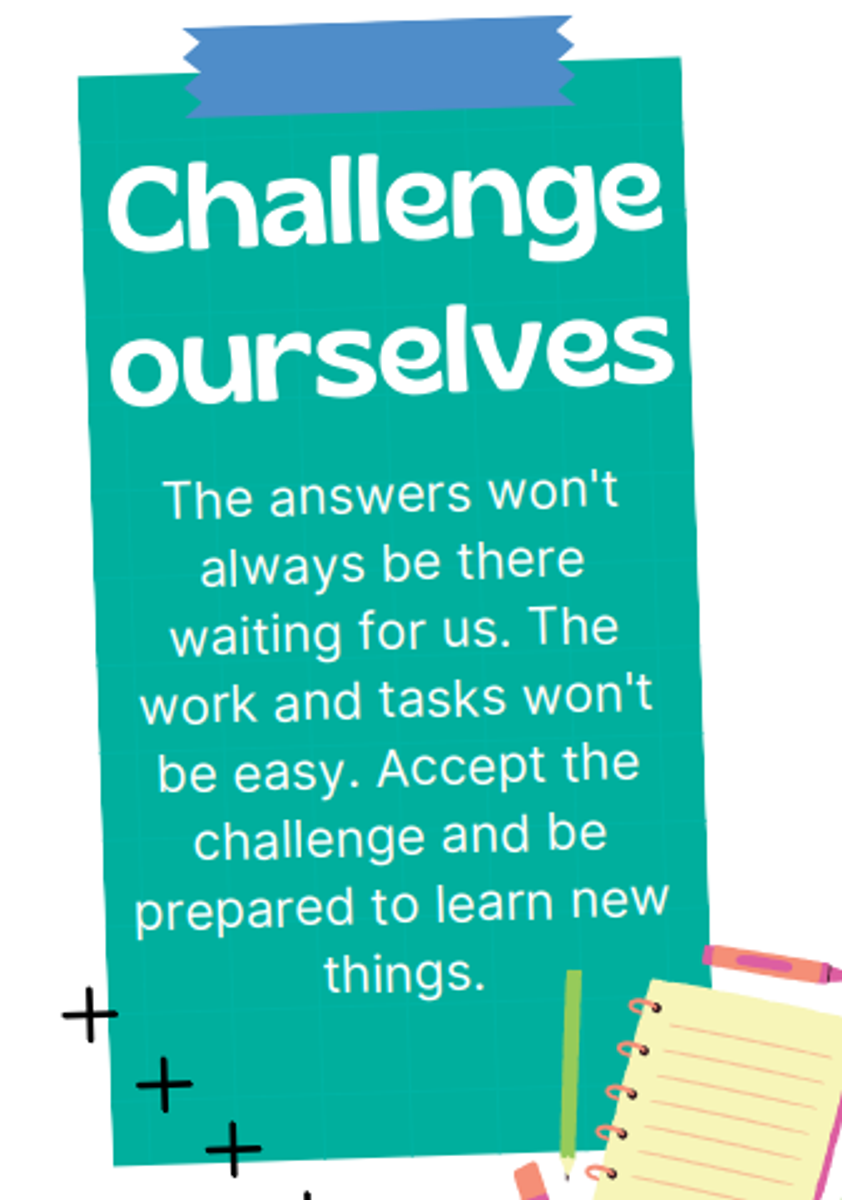Wellbeing

Why is it important to teach kids about their emotions and feelings?
Talking openly about feelings helps kids learn that their emotional health is just as important as their physical health.
When parents stress happiness as the only acceptable emotion for their kids, it may unintentionally send the wrong message. If feelings aren't talked about or coped with, it "may result in negative behaviors, social withdrawal and even physical problems," Dr. Hoover says.
Of course, dealing with feelings such as jealousy, anger, sadness can be difficult. But when you build a home environment where emotions are discussed often, kids feel safe turning to their parents when they need help coping with their feelings.
What is the right age to start teaching kids about their emotions?
It's never too early to begin to teach kids about their emotions.
"From infancy on, children learn to regulate their emotions through their caregivers," says Dr. Hoover. "By building kids' vocabulary for emotions, children learn to express their feelings, rather than acting out with misbehavior."
By talking about emotions, parents can help even very young children recognize the feelings they're experiencing. There are many age-appropriate books, games and charts about feelings that can help – even starting with board books for babies and toddlers. These can help children find the right words to express and communicate their feelings.
How can I raise emotionally healthy children?
Teaching kids to recognize emotions is one of the first steps to raising emotionally healthy children. Helping them learn how to handle those emotions is the next. Dr. Hoover offers seven tips to encourage emotional health.
Talk about emotions daily
Make it a habit to check in with your child about how they're feeling – and listen. This helps your child know you are there when they need to talk. Ask your kids specific questions about their school day: How were you feeling before the test? How did it make you feel to be left out of the game at recess? This can help them learn to recognize their emotions and brainstorm ways to cope.
This information is taken from 'childrens.com/health-wellness/teaching-kids-about-emotions'.




